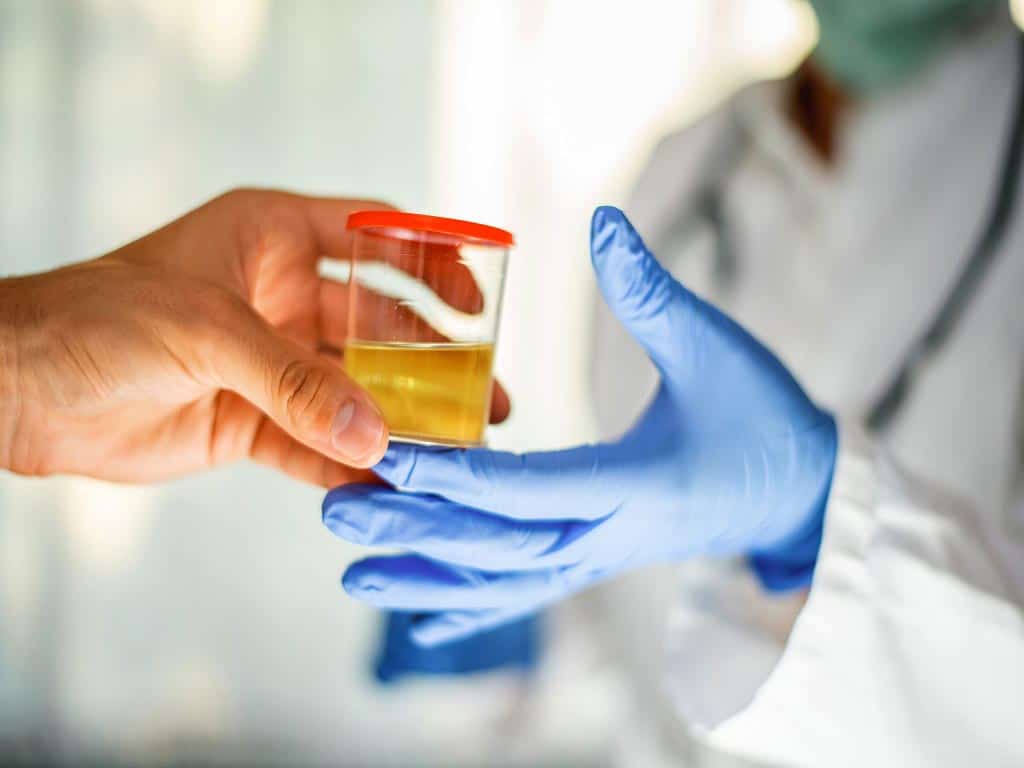NATA Accredited Drug and Alcohol Testing: How to Set One Up in Your Workplace
04 December, 2023

To set up a NATA-accredited drug and alcohol testing program, the company must take essential steps. Firstly, develop a comprehensive drug and alcohol policy that outlines expectations and consequences for substance abuse. Secondly, select an accredited provider for testing services to ensure accurate results. Lastly, include employee education and training programs to raise awareness and provide resources. By implementing these measures, the company can achieve peace of mind in promoting workplace safety and well-being.
The National Association of Testing Authorities (NATA) helps in ensuring the quality and reliability of testing services in Australia. It provides accreditation to laboratories and facilities that meet the highest standards of technical competence and integrity. This accreditation signifies that the testing services offered by these facilities are accurate, reliable, and comply with international standards. This article will discuss the importance of obtaining a NATA-accredited alcohol and drug testing service, including the services provided and the process for establishing one.
The Importance of Getting a NATA Accredited Drug and Alcohol Testing Service
Getting a NATA-accredited drug and alcohol testing service in the workplace is important for safety and productivity. Accredited testing services follow strict standards for accurate and reliable results. A drug-free environment reduces the risk of accidents and improves workplace safety. Additionally, a substance-free workforce is more alert and efficient, leading to increased productivity.
Another important aspect of obtaining NATA accreditation testing services is its impact on employee trust and morale. Employees build trust and confidence in the testing procedures when they know an accredited service conducts them, ensuring fairness and accuracy. This can ultimately contribute to a positive work culture where employees feel valued and supported.
Furthermore, legal compliance is a major reason why businesses should opt for NATA-accredited testing programs. By adhering to the standards set by NATA, companies can ensure that they are fulfilling their legal obligations. This can help to mitigate the risk of legal repercussions and protect the reputation of the company. Overall, NATA-accredited testing services make businesses safer, more productive, and ensure legal compliance in the work environment.
Benefits of the Accreditation
- NATA-accredited tests make sure the results are dependable and accurate through confirmation tests and quantitation of drugs in specimens.
- Employers can rely on NATA-accredited testing to make informed decisions about safety in the workplace.
- NATA accreditation shows that an organisation follows Australian Standards and best practices, proving its compliance.
- Individuals undergoing testing can trust the results, knowing that they have been obtained through a rigorous and accredited testing process.
- NATA-accredited testing programs assure employees that their rights and privacy stay safe during the testing.
- Enhanced technical competence and quality assurance standards for laboratories.
- Reduced risk of abuse in collection procedures.

Services Offered by a NATA Accredited Drug and Alcohol Testing Company
A NATA-accredited drug and alcohol testing company offers a range of services to detect the presence of drugs and alcohol in individuals. These services include urine testing, oral fluid testing, blood testing, hair testing, and breath alcohol testing. Through these testing methods, the company ensures accurate and reliable detection of drugs and alcohol in individuals. This provides valuable information for various testing situations.
Additionally, the testing company conducts initial testing to screen for the presence of drugs and alcohol. Once initial testing identifies the presence of a substance, the company then offers laboratory testing for confirmatory reports. This step involves a more detailed analysis to confirm the presence of specific illicit drugs or alcohol.
Furthermore, the testing company caters to various testing situations. These include blanket testing, post-accident testing, pre-employment testing, random testing, and reasonable suspicion testing. This broad range of testing options allows the workplace to meet the diverse needs of its clients. Overall, the services offered by the NATA-accredited company aim to promote safety and accountability.
Advantages of In-House Testing
In-house testing offers the advantage of convenience and speed. Employers can easily and quickly conduct onsite testing, minimising the time and effort needed to send samples to an external lab. This allows for faster decision-making regarding employee fitness for duty. Additionally, in-house testing reduces the likelihood of sample tampering or mishandling.
Another advantage is cost-effectiveness. By conducting testing on-site, employers can save on the costs associated with outsourcing to external laboratories. This includes expenses related to shipping, handling, and processing of specimens. Moreover, in-house testing can lead to a reduction in employee downtime, as there is no need for them to travel to off-site facilities.

How to Set Up a NATA Accredited Drug and Alcohol Testing Program for Your Business
To set up a NATA-accredited drug and alcohol testing program for the business, the first step is to develop a comprehensive policy. This alcohol and drug policy should outline the stance of the company on substance use in the workplace. It should also specify the consequences for violating the policy. Moreover, it must detail the testing procedures and frequency.
Next, the business has to select an accredited testing provider. NATA accreditation ensures that the provider meets high standards for technical competence and impartiality. By choosing an accredited provider, the business can be confident in the accuracy and reliability of the test results. This is essential for maintaining a fair and compliant testing program.
Lastly, employee education and training are crucial for the success of the testing program. Employees should be educated on the dangers of drug and alcohol use, as well as the policy and testing procedures. Furthermore, the training should cover how to identify and handle potential substance abuse issues in the workplace.
Requirements for Accrediting Your Program
In accrediting a drug and alcohol testing program in the workplace, there are several key requirements. Firstly, the program must adhere to all local, state, and federal laws and regulations regarding drug and alcohol testing. This includes ensuring that all tests are conducted in a manner that protects employee privacy and confidentiality.
Secondly, qualified individuals with appropriate training in drug and alcohol testing procedures must administer the program. Thirdly, the use of reliable and accurate testing methods. This may involve using certified laboratories and equipment. Lastly, the program needs clear and consistent policies for communicating test results and taking action based on them.
Conclusion
Opting for a NATA-accredited drug and alcohol testing service ensures a safer and more productive workplace. These accredited services not only adhere to strict standards for accurate results but also foster trust and morale among employees. Businesses benefit from legal compliance, reducing the risk of legal issues and safeguarding their reputation. With a range of testing services, a NATA-accredited company provides comprehensive solutions for various testing situations. These include urine, oral fluid, blood, hair, and breath alcohol testing.
Furthermore, setting up a NATA-accredited alcohol and drug testing program involves crafting a clear company policy, selecting an accredited testing provider, and prioritising employee education. To gain accreditation, businesses must comply with all applicable laws, ensure qualified personnel administer tests, use reliable methods, and establish consistent result communication policies. By meeting these requirements, companies can foster a safer and more compliant workplace, promoting employee well-being and overall organisational integrity.






























